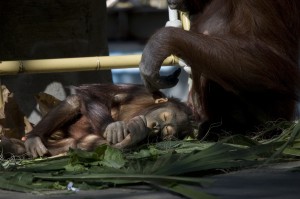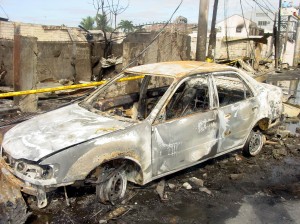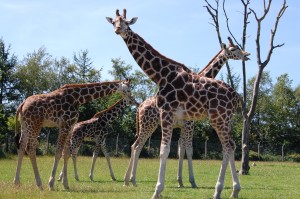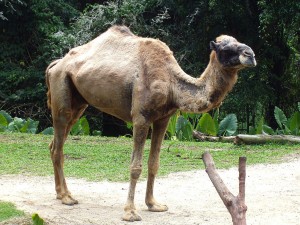This article by the Independent greatly illustrates the prevalence of internal and external conflict amongst the nations of the world at this time:
With the crisis in Gaza, the rise of Islamist militants in Iraq and Syria and the international stand-off ongoing in Ukraine, it can sometimes feel like the whole world is at war.
But experts believe this is actually almost universally the case, according to a think-tank which produces one of the world’s leading measures of “global peacefulness” – and things are only going to get worse.
It may make for bleak reading, but of the 162 countries covered by the Institute for Economics and Peace’s (IEP’s) latest study, just 11 were not involved in conflict of one kind or another.
Worse still, the world as a whole has been getting incrementally less peaceful every year since 2007 – sharply bucking a trend that had seen a global move away from conflict since the end of the Second World War.
Here is a quote from the New Message from God that spells out pretty explicitly why great conflicts in the world at this time must be prevented and what can be done to prevent them:
“In essence now the size, the moral and ethical problems regarding human conflict which are real and substantial, you simply cannot afford war. It will cost you too much. It will cost everyone too much. It has always cost everyone too much. Now you cannot afford it.
But that does not mean it cannot happen and will not happen if great effort is not exercised to prevent the conditions that will make war inevitable. If people are hungry they will not be reasonable or rational or accommodating. If people are losing their forms of self sufficiency you cannot expect them to behave orderly or in a sensible or productive manner. This is the great risk. This is the risk of war beyond the assertions of power by one nation over another or by historical or religious differences or long standing grievances between nations and groups.
That will be a war of utter desperation, a war of terrible consequences, a war that will be very difficult to extinguish. It is in this new world you are entering, a world in decline, that wars of desperation will become increasingly possible and can only be thwarted and prevented by the wise and ethical maintenance of resources and distribution of resources.”
To read more about the changing world and what you can do to prepare, visit: www.greatwavesofchange.org




